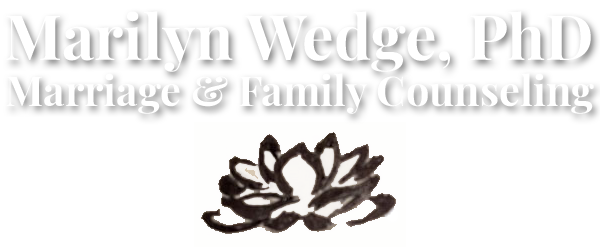Reviews
Selected Reviews of
Pills are not for Preschoolers
“I highly recommend this book for those parents who actually want to solve their children’s problems, not just cover them up with drugs.” –David Allen, M.D., Psychiatrist, and Emeritus Professor of Psychiatry, Tennessee Health Science Center
To read the full review, click here
Reviewer and blogger Joanna Liberty writes: “I would recommend that all parents read this book. The examples and parenting strategies that she has included are a jumping off point of what do and what not to do as a parent. So many children are being medicated these days, that it’s almost guaranteed that at some point someone may suggest that one of your children may be afflicted with a psychiatric condition. For parents who are dealing with a troubled child, I think this book would be a great shoulder on which to lean during a difficult time…”
To read the full review, click here
Jennifer Rayment writes on the “Misbehavin’ Librarian” book blog:
- Fabulous for parents who have had children labeled with any kind of behavioral disorder
- A must read for educators and others who deal with children
- Honestly just a good parenting book as well since it makes you think about your parenting techniques and a reminder that you are a family and must all work together for everyone’s benefit
To read the full review, click here
“Wedge’s drug free appraoch is a must read for all parents…As you read, you will feel enlightened and empowered as a parent. –Heather Ann Johnson, Brigham Young University
To read the full review, click here
I got to read Pills are Not for Preschoolers: A Drug-Free Approach for Troubled Kids by Marilyn Wedge this summer and WOW. Love it. A quote by Publisher’s Weekly on the cover says “Wedge proves that the road to a child’s healing can often be successfully navigated without the use of labels and potentially harmful meds.” They’re right. –Amy LeForge at Ernest Parenting
To read the full review, click here
“The tone is a satisfying blend of informal (e.g. use of “I”, dialogue, scenic sketches, anecdata) and formal (e.g. notes, statistics, therapy-speak, specific practitioners occasionally referenced). It is informative without crossing the line into academic prose, and somehow it manages to cover a vast swath of ideas and facts without overwhelming the reader. And, as if what’s already discussed above is not enough? There’s more in Pills Are Not for Preschoolers. The subjective nature of diagnosing psychological problems. The risk of inaccurate diagnoses.” –Buried in Print
To read the full review, click here
“In her work with families, she tries to see the whole picture, which is refreshing; few people directly involved in children’s health and well being do so.” –Jonathan Taylor
To read the full review, click here
A review of Pills are not for Preschoolers is on the award-winning blog site “There’s a Book.” Danielle Smith shares her inspiring personal story of fighting against having her son labeled with “autism spectrum disorder” and medicated.
To read the review, click here
“Overall, I really enjoyed reading this. So much, that I devoured it in two days. All of the case studies of the children Wedge has worked with really make this an interesting book. I also think the tips inside would be helpful to many parents. And if you have a child that has some behavior problems, it would be a must-read prior to considering medication.” –Lisa Workman at “Two Bears Farm” Blog
To read the full review, click here
To read the full review, click here
A new review on Amazon.com: June 1, 2013
This book was something I read about online and was fortunate enough to be able to get from the local library. This book should be required for all parents, teachers, and especially psychiatrist who are more inclined to prescribe first and ask questions later. What I found fascinating about this book is although she doesn’t come right out and give specifics for parents, you can certainly read between the lines and see the importance of how you interact with your children and spouse. To read the full review, click here


